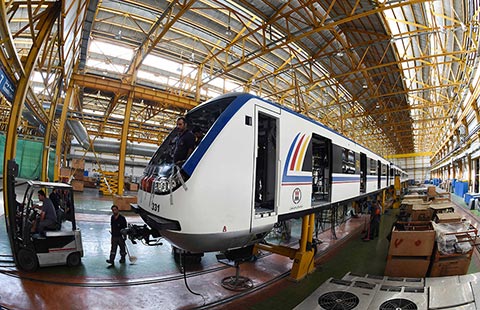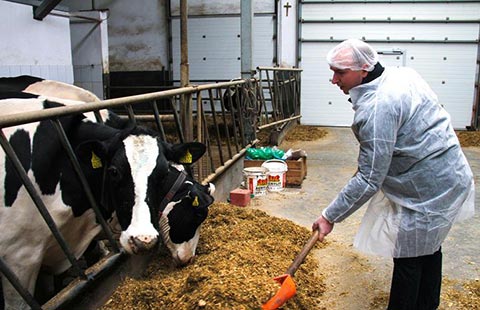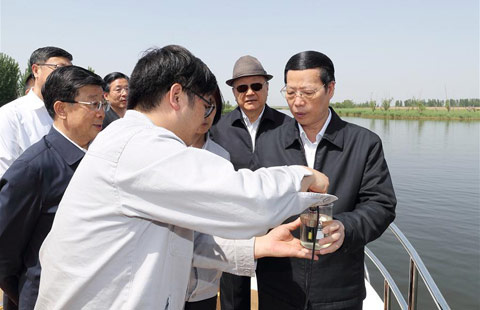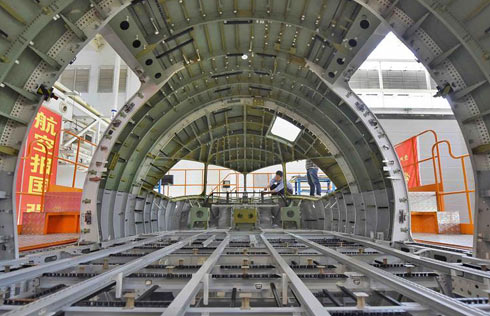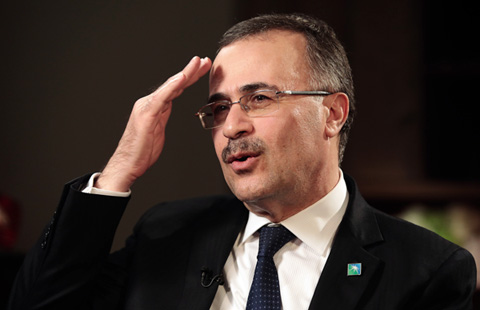More sectors added to VAT-reform program
A pilot program to replace the business tax with a value-added tax in the transport sector and certain service sectors will be rolled out to other sectors nationwide on Aug 1, the Finance Ministry announced on Tuesday.
As well as transport and some modern service sectors including research and development, information technology and consulting, the program will be expanded to radio, film and television industries, according to a notice on the ministry's website.
The railway transport, postal and telecommunication sectors are to be added "when the time is right", Premier Li Keqiang said at a State Council executive meeting on April 10.
The VAT reform is part of the government's efforts to invigorate the country's small and medium-sized enterprises, most of which are privately owned, and upgrade the economic structure, experts said.
"The program will not only ease the tax burden on enterprises, but also encourage competition and specialization of businesses," said Jia Kang, a director at the Research Institute for Fiscal Science, under the Ministry of Finance.
The nationwide expansion is expected to cut 120 billion yuan ($19.6 billion) in taxes on companies in the pilot sectors this year.
The VAT reform was first introduced in Shanghai in January 2012 and was later expanded to other cities and provinces.
As the business tax is the largest source of tax revenue for local governments, the reforms are also expected to challenge the financial relations between central and local governments.
"The VAT reform will force the national tax and fiscal system to change, including the central-local government financial relations, the issuing of local government bonds, and central and local government spending responsibilities," said Jia.
As the VAT mainly goes to the central government, how VAT revenues will be distributed has become as a major issue.
Under China's present tax system, 75 percent of the VAT goes to central government, and the remainder goes to local government.
But Zeng Kanghua, a public finance professor with the Central University of Finance and Economics, said that local governments are likely to ask for a larger share of the VAT in future.
Experts expect a central part of China's public finance reforms will be deciding how to expand the tax-raising capacity of local governments.
The National Development and Reform Commission, China's top economic planning agency, said last Friday that more cities will join the pilot property tax program this year, which Zeng said offers a clue about how the central government might manage future local government financing.
Jia Kang suggested the property tax, along with a natural resource tax, should become the main source of local government taxes.




